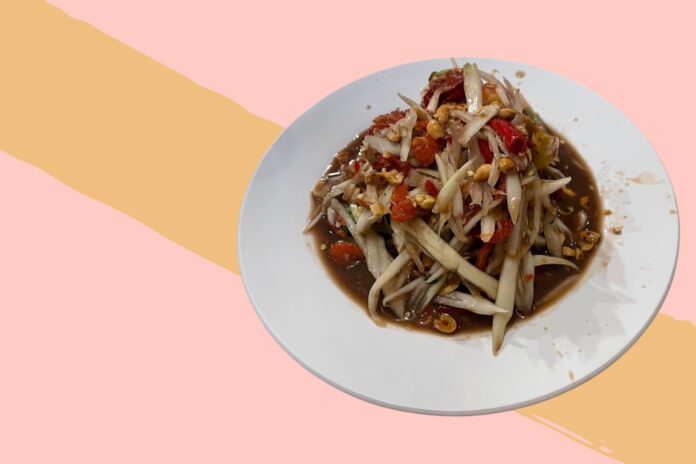Being pregnant is a unique and magical experience. However, along with the feeling of bliss that you feel, you may also be frustrated and challenged because of the changes that your body has to go through during pregnancy and even after giving birth. If you’re keen to keep fit and healthy after pregnancy and the birth of your baby, here’s how to get back in shape.
Embrace Your Postpartum Body
Becoming a mother changes you both inside and out. Unfortunately as reported by the Guardian, recent research by MotherCare revealed that ”80% of mothers in the UK said they had compared their post-birth bodies with unrealistic images”.
Luckily there has been a societal shift around the way we talk about postpartum bodies. We just need to look at Mothercare’s advertising campaign on Body Proud Mum’s that celebrates the post-birth body to appreciate the change. Remember, it takes your body time to recover, so be kind to yourself, first and foremost.
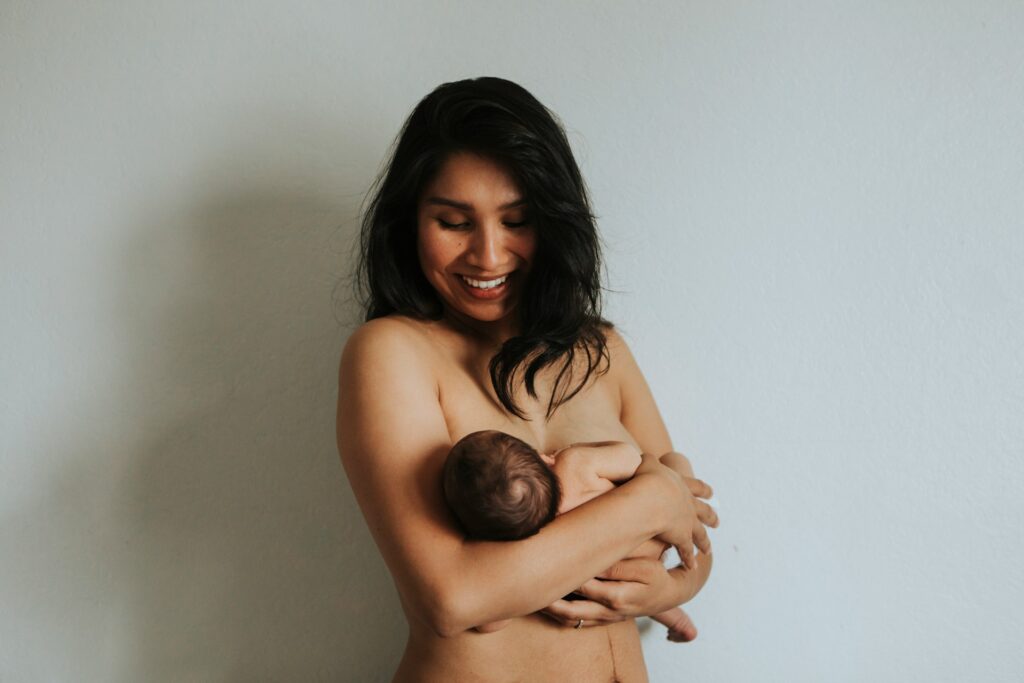
Walk Before You Can Run
A slow reintroduction to exercise is sensible, as your lower back and core may be weaker than they once were. That said, the NHS recommend that, if the birth was straightforward, it’s okay to ease yourself back into gentle exercise as soon as it feels comfortable.
This gentle exercise can include some simple stretches and plenty of walking. The great thing about walking is that it is not only an exercise, but it can also give you some much needed ‘me time’. What’s more, regular walks with the little one represent an early bonding activity with your baby. Cherish those moments!
If your childbirth was more complicated, consult with your midwife or GP about how best to approach a reintroduction to gentle exercise.
Gradually, Move Into Other Forms Of Exercise
For several months after childbirth, your joints and ligaments will be a little more fragile, so do take it easy when considering more committal exercise. But, when you feel ready, a little aerobic exercise will help you feel in control of your fitness again.
There are lots of postnatal exercise classes available in the community, and your health visitor, midwife or GP may be able to point you in the right direction of your nearest. Pilates and yoga are particularly good for new mums, and can be super relaxing, too!
Read: 5 IDEAL hacks to help mums find the time to workout

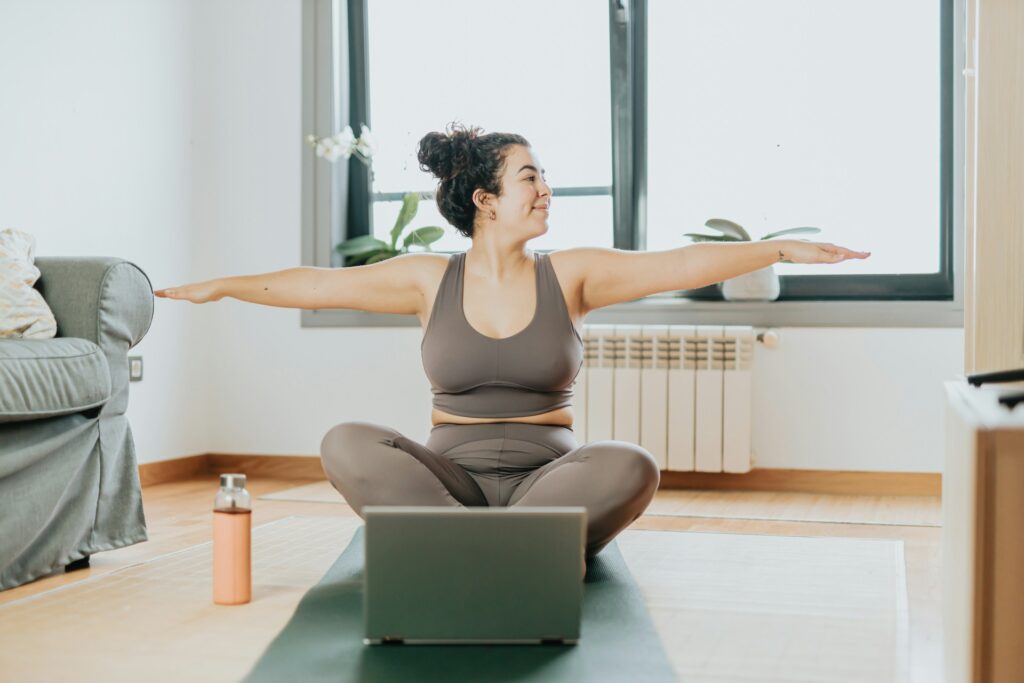
Find Your Fitness Community
Exercising alongside other new mums can be both motivating and reassuring. Many fitness centres now offer specialised postpartum classes where instructors understand the unique challenges of post-birth exercise. These sessions often include modifications for different recovery stages and fitness levels.
Some women find that joining these groups provides accountability and structure during a time when establishing new routines can be challenging. The shared experience of rebuilding strength and fitness after pregnancy creates a supportive environment where you can exchange advice about effective post-pregnancy treatments and exercises that have helped others regain their core strength and overall fitness.
Remember that comparing your progress to others isn’t helpful – each body heals differently. Focus instead on the solidarity and motivation that comes from moving alongside others who understand your journey.
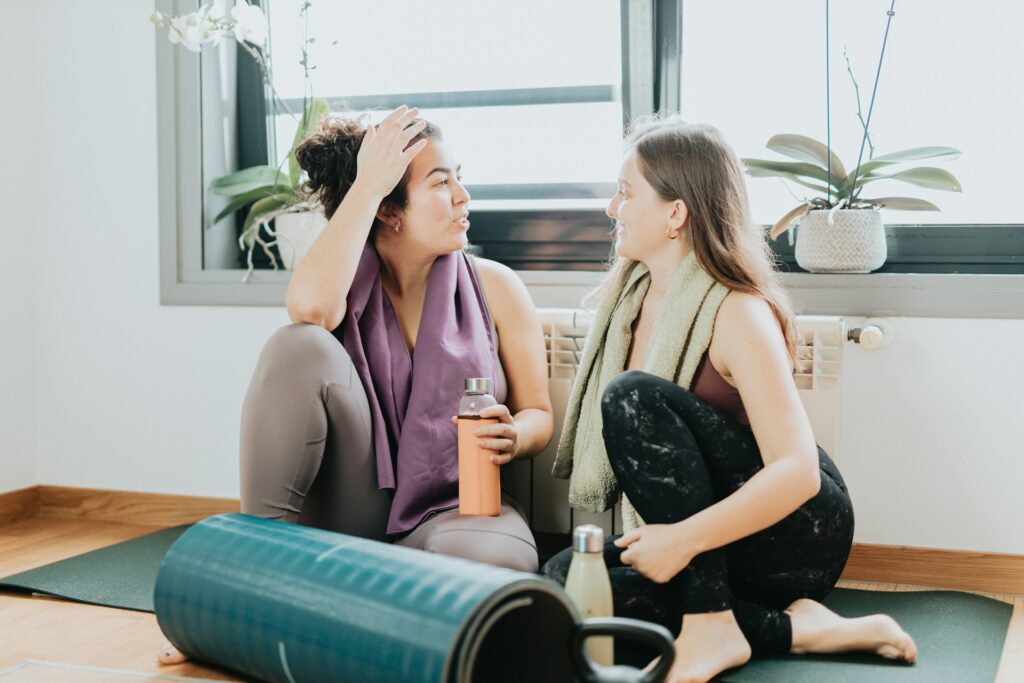
Listen To Your Fitness Signals
As you gradually increase your exercise intensity, becoming attuned to your body’s responses is crucial. The traditional ‘no pain, no gain’ mentality has no place in postpartum fitness. Instead, focus on how movements feel and adjust accordingly.
Some discomfort during the rebuilding of muscle strength is normal, but sharp pain, increased bleeding, or exhaustion that interferes with your ability to care for your baby are clear signals to scale back. Many specialists focus on combining post-pregnancy treatments with exercises specifically designed to safely rebuild core and pelvic floor strength – these foundational elements are essential before progressing to more intensive workouts.
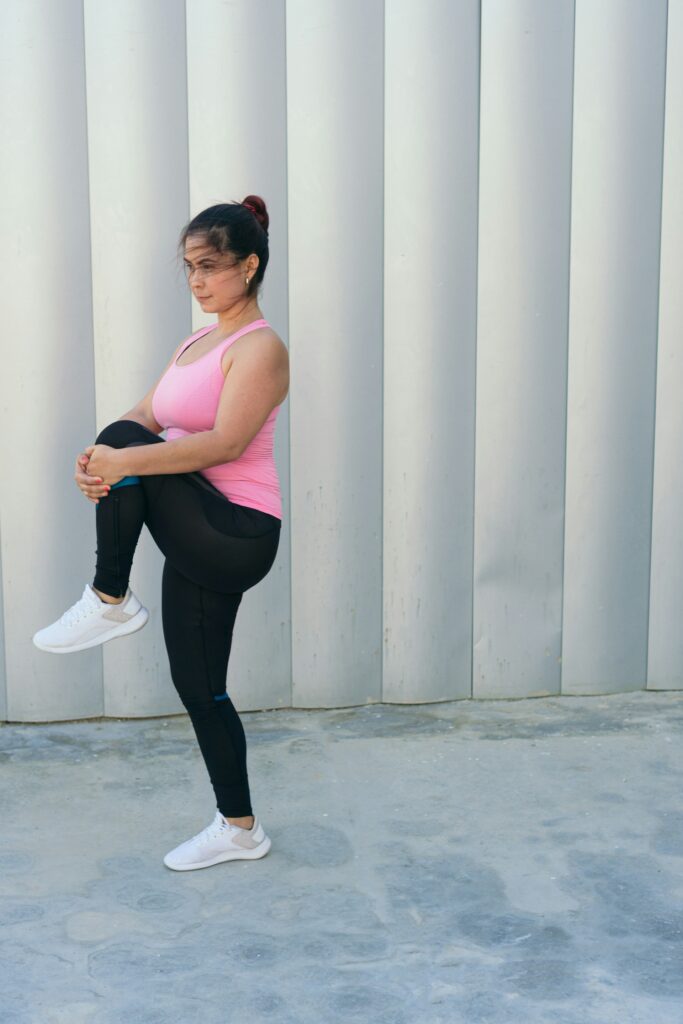
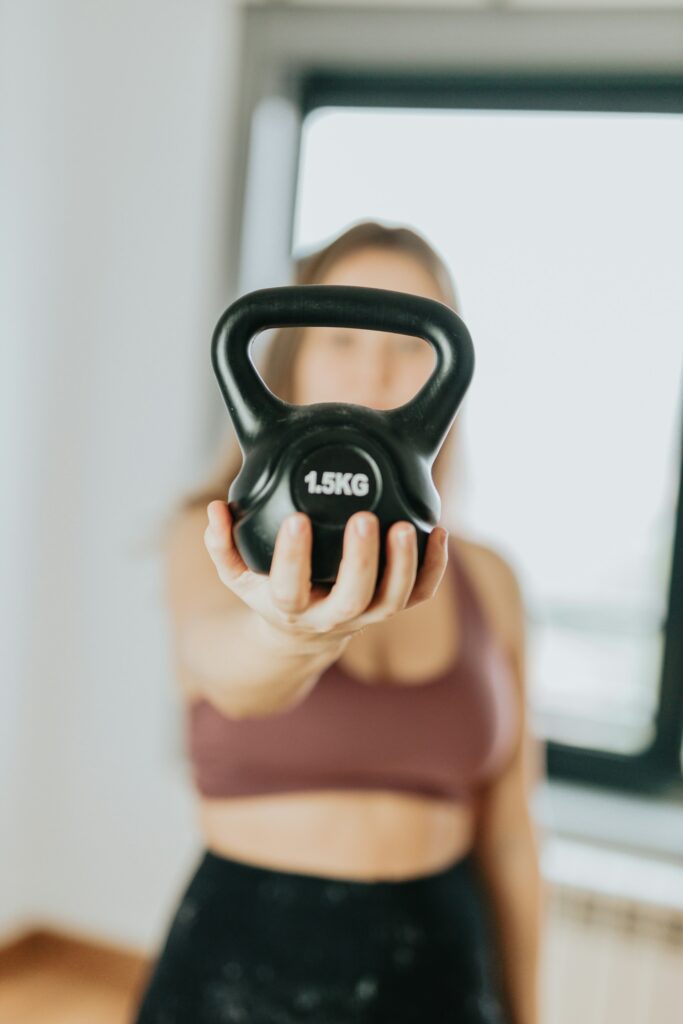
Make Time To Rest
The changes you’ve gone through during pregnancy and childbirth can be exhausting, both physically and mentally. Above all else, make sure you’re taking care of your mental health – essential for both you and your baby – by resting well, opening up about how you’re feeling, and accepting offers of help from friends and family. Doing so will take a load off and allow you to listen to what your body is telling you…essential in those early weeks and months.
Eat Smartly
Gherkins dipped in Nutella? Check. Peanut butter on eggs? Yes, please. Chilli ice cream? Mine’s a double. Sure, those pregnancy cravings can take weird and unexpected turns but after the birth of your baby, it’s a good idea to transition back into healthy eating so you’re feeling sharp, sprightly and able for the little one.
Try to make healthy food choices with foods that provide sustained energy, like those high in complex carbohydrates (brown rice, whole-wheat pasta, sweet potato, squash) and protein. Don’t rely on caffeine and sweets for a quick pick-me-up as the crash will simply be postponed rather than prevented.
Ensure you have a good breakfast every morning and eat little and often throughout the day to keep energy levels up and consistent. If you’re breastfeeding, you’ll need at least 300 calories more than someone who is bottle feeding.
The Bottom Line
Getting back into shape following childbirth should be a gentle approach, focusing on both body and mind, so you have time to connect and bond with your new baby, and learn to love your postpartum body again.
*This article is not intended to replace medical advice, diagnosis or treatment given by a qualified health professional. Instead, this article only provides information, not advice. For any medical enquiries, always consult your GP, midwife, postpartum nurse or specialist health professional first*


